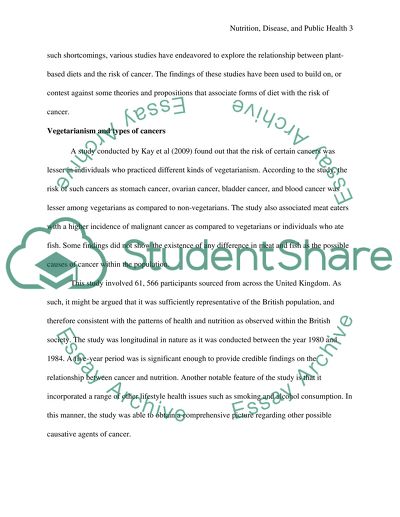Cite this document
(“Nutrition, Disease and Public Health Essay Example | Topics and Well Written Essays - 4000 words”, n.d.)
Retrieved from https://studentshare.org/health-sciences-medicine/1403375-nutritiondisease-and-public-health
Retrieved from https://studentshare.org/health-sciences-medicine/1403375-nutritiondisease-and-public-health
(Nutrition, Disease and Public Health Essay Example | Topics and Well Written Essays - 4000 Words)
https://studentshare.org/health-sciences-medicine/1403375-nutritiondisease-and-public-health.
https://studentshare.org/health-sciences-medicine/1403375-nutritiondisease-and-public-health.
“Nutrition, Disease and Public Health Essay Example | Topics and Well Written Essays - 4000 Words”, n.d. https://studentshare.org/health-sciences-medicine/1403375-nutritiondisease-and-public-health.


